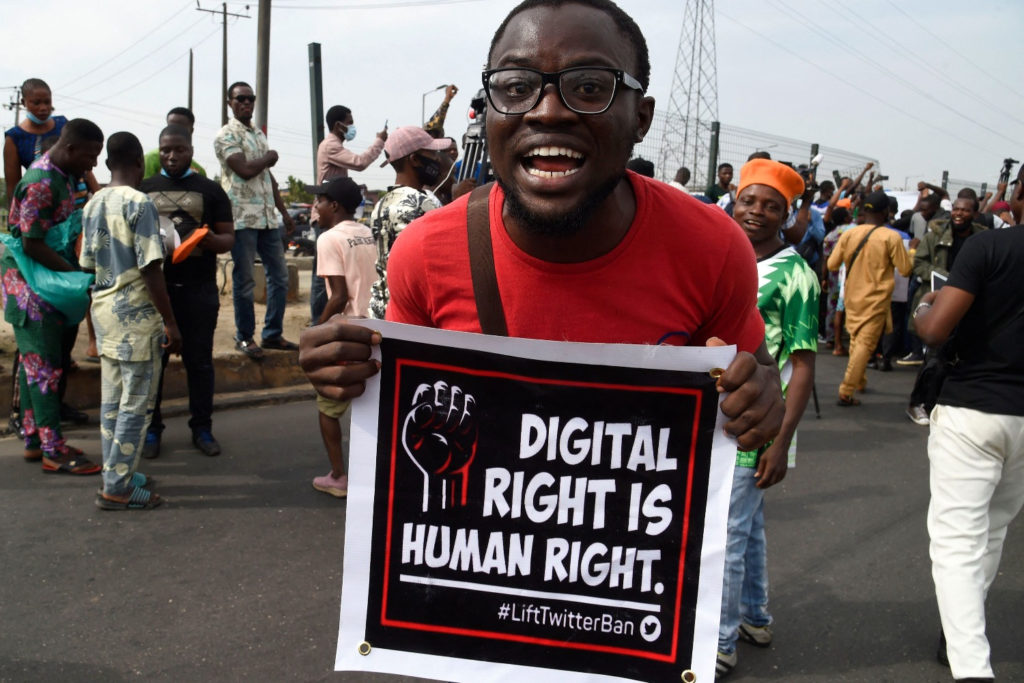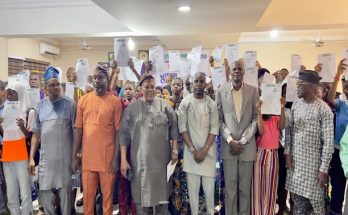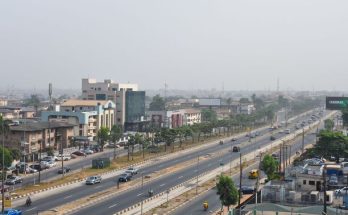By Onyinyechi Ugwoke & Jumoke Fakomi
“Nigerian government is ignorant to the fact that they just shot themselves in the foot, thinking they are dealing with Twitter,” says Chinenye Adigwe, an activist.
Perhaps she is right. With access to VPN, Nigerians have flouted the ban and continued to tweet. Now our local concerns (positive or negative) appear on global Twitter timelines. But the economic impact of this ban is more worrisome. Since the 5th of June, 2021, NetBlock estimates that the country is losing about N90 million naira every hour to Twitter shutdown. NetBlock is a London based global internet monitor that strives for digital rights.
“How does the government come up with such a ridiculous idea of suspending a site that creates jobs for its economy,” queried Yomi, a blogger. “The government should reconsider because some people’s livelihood depends on Twitter.”
The ban has affected many online businesses, especially small entrepreneurs who engage with customers directly on the app. Twitter is popular with many Nigerians, the platform has been used to mobilize protests, raise funds for the sick, summon ambulances, help locate missing people and is a veritable source of livelihood for many of the country’s young (especially paid influencers).
“How can the government ban Twitter? If I don’t run campaigns I can’t eat,” cries Ayoola, a paid Twitter influencer.
It is hoped that this indefinite ban is called off after the government concludes talks with the Twitter management. Nigeria has been quite successful in attracting investments for Tech start-up businesses. The ban could threaten that status and worsen the economic crisis spreading across the country.









